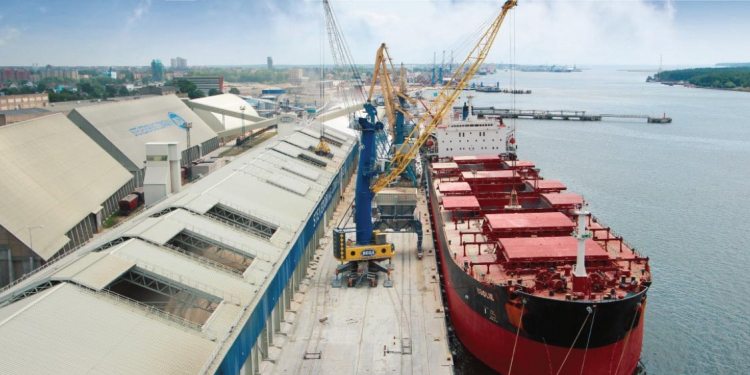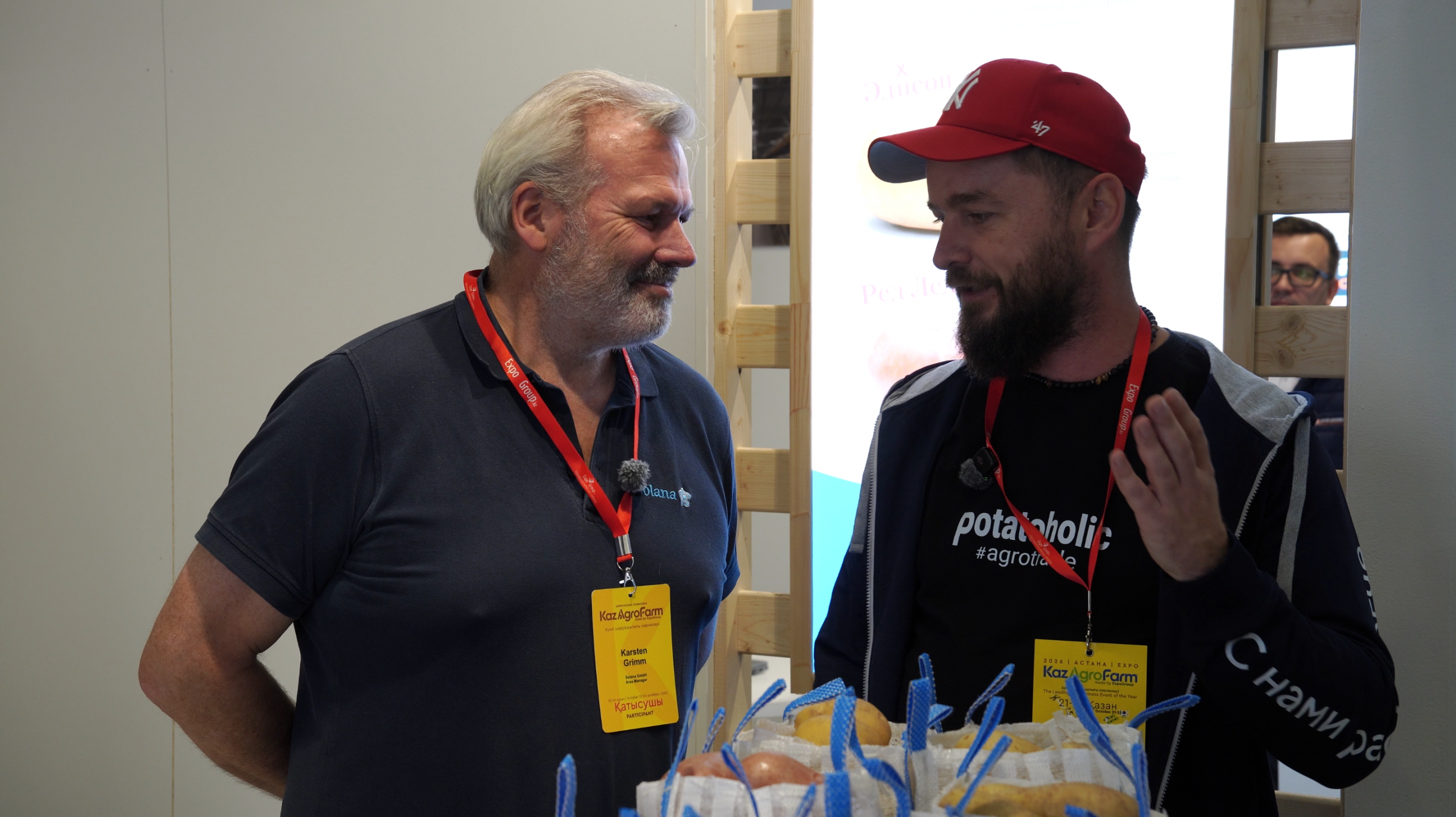The United States International Trade Commission (USITC) has determined that the US phosphate industry has been materially injured by imports of phosphate fertilizers from Morocco and Russia that are subsidised by the governments of those countries.
As a result of the Commission’s affirmative determinations, the US Department of Commerce will issue countervailing duty orders on imports of phosphate fertilizers from Morocco and Russia, which will remain in place for at least five years.
The cash deposit rates for such imports are expected to be approximately 20% for Moroccan producer OCP, 9% and 47% for Russian producers PhosAgro and EuroChem, respectively, and 17% for all other Russian producers.
In response to the ruling, Mosaic President and CEO, Joc O’Rourke, said: “Mosaic employees are proud to support American farmers by producing high quality, reliable fertilizer. Today’s decision upholds our belief that fair trade is a cornerstone of a healthy US economy, and that American farmers will benefit from having a more competitive American fertilizer industry.”
OCP issued a statement saying that the decision came “despite the arguments presented by the OCP Group demonstrating that there is no basis for such duties, as well as significant voices opposed to Mosaic’s petition from across American agriculture – distributors, associations and cooperatives – and elected officials in the Senate and House of Representatives.”

The statement added that “OCP recognises the supply challenges that American farmers face and is determined to serve them in the future, and will explore the most appropriate options to do so.”
Leaders from the American Soybean Association, National Corn Growers Association and National Cotton Council of America had written the U.S. International Trade Commission last month warning that tariffs on imported phosphate (phosphorus) fertilizers would adversely affect crop production in the country (here). The commodity groups warned that new duties on imported phosphate fertilizers would raise prices more than $80 a ton.
The U.S. imported just under $1.03 billion in phosphate fertilizers in 2019 from Morocco ($729.4 million) and Russia ($299.4 million). Import volume from Morocco was 2 million metric tons, up about 11% from 2018. Phosphorus imports from Russia were 729,288 metric tons, down about 16% from 2018 shipments.
2 months ago
The Moroccan fertiliser group, headed by Mostafa Terrab, is facing allegations of unfair competition by US-based producer Mosaic in an unprecedented dispute over the strategic North American market.
The United States, a country where the CEO of phosphate fertiliser giant OCP, Mostafa Terrab, once lived and studied, has been making the executive’s life difficult.
Since July 2020, the Moroccan group’s exports to the vital North American market have been at a standstill. OCP is one of the world’s top five producers alongside US-based Mosaic, Russia’s PhosAgro and two Chinese players, GPCG and YTH.
READ MORE: OCP fertiliser deals take Nigeria closer to self-sufficiency
OCP made the move after its US competitor Mosaic filed a petition with the US Department of Commerce and the US International Trade Commission requesting an investigation into unfair competitive practices. Mosaic, alleging that OCP receives subsidies, is demanding countervailing duties be imposed on Moroccan phosphate fertilisers.

Taken by surprise
The dispute – a first in OCP’s 100 years of operation and a rarity in the phosphate market – demonstrates the stiff competition in the sector. Influenced by US political considerations, the final outcome of this economic wrangling is expected in March 2021.
On the face of it, the case has gotten off to a bad start for OCP – which reported revenue of €4.9bn ($6bn) in 2019 – as the investigation took the company and much of the industry by surprise.
After opening at the end of June 2020 and being publicly disclosed by Mosaic – which reported revenue of $8.9bn in 2019 – and widely picked up by the media, the probe put the Moroccan group, along with Russia’s PhosAgro and EuroChem, also targeted, on the defensive.






